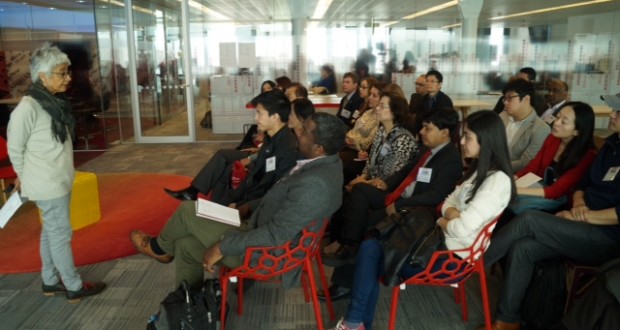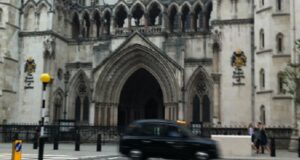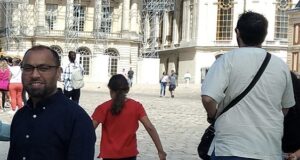At the end of April, the BBC welcomed community representatives for an exclusive open day held at its headquarters. Organised by BBC World Service, the open day focused on the BBC language websites and how they benefit diaspora communities in the UK. The group of 40 met with the heads of the language services and was given a behind the scenes look into one of the largest broadcasting centres in the world.
The day began with a lively discussion with the Controller, Languages (World Service Group), Liliane Landor. Representatives of the community were encouraged to share their views on how to improve the language websites, in order to better service their communities.
Following the in-depth, productive debate, the heads of each language service arrived for individual discussions with their respective community representatives. Sabir Mustafa, Head of BBC Bangla, Silvia Salek, Head of BBC Brasil, Xhuang Chen, Head of BBC Chinese, Josephine Hazeley, Head of BBC Somali, Murat Nisancioglu, Head of BBC Turkce, and Aamer Ahmed Khan, Head of BBC Urdu. Discussions centered on the needs of diaspora communities at a grassroots level.
The open day also included a special tour of the BBC. The group was given a behind the scenes look at the BBC’s newsrooms and studios, giving individuals a real insight into the production and preparation of popular news programmes before they go to air.
Commenting on the open day, Liliane Landor says: “I am very pleased with the success of the open day. It was a huge bonus to be able to meet with members of the various communities; they gave us wonderful insight and feedback on our language services websites. It was a very useful exercise for the teams and for me personally to be able to spend some time with them and exchange views. I am grateful to everyone who took the time to come down and hope they had an enjoyable experience. There is a great deal we can do together.”
The BBC World Service is one of the world’s largest international broadcasters with a weekly audience of 192m, broadcasting news and a wide range of documentary and current affairs programmes in 27 different languages. The services, which were initially only radio broadcasts, now, have their own dedicated websites, which have become a primary source of both international and country specific news for immigrant communities around the world, keeping them connected and in touch with political, social and cultural developments.
BBC World Service is an international multimedia broadcaster, delivering a wide range of language and regional services on radio, TV, online and via wireless handheld devices. BBC World Service uses multiple platforms to reach its weekly audience of 192 million globally, including shortwave, AM, FM, digital satellite and cable channels. The BBC attracts a weekly global audience of 256 million people to its international news services including BBC World Service, BBC World News television channel and bbc.com/news.
ELN says: the World Service is a great companion; tune in now!
 East London News A Force for the community…
East London News A Force for the community…





One comment
Pingback: John Biggs – he’s not speaking our language - East London News